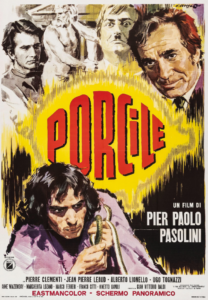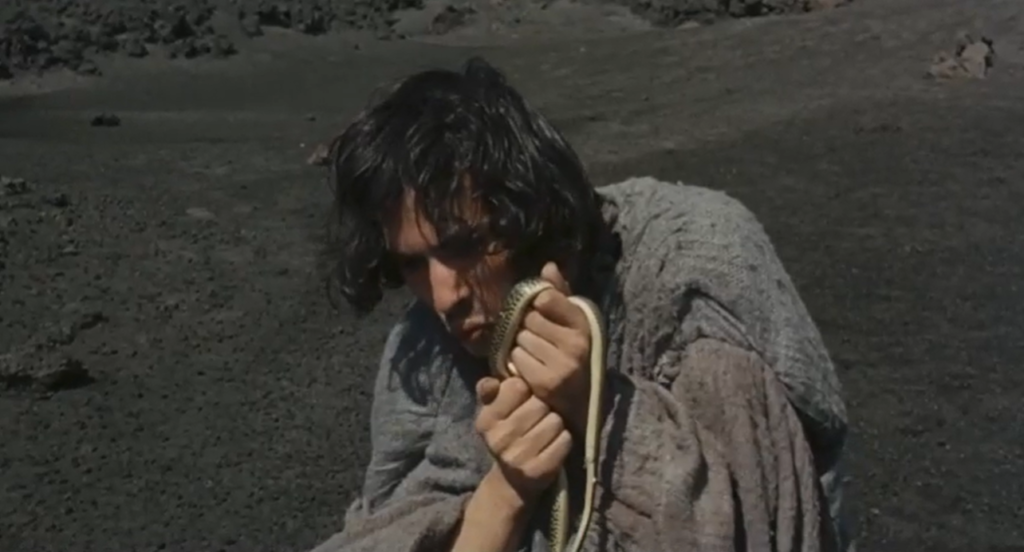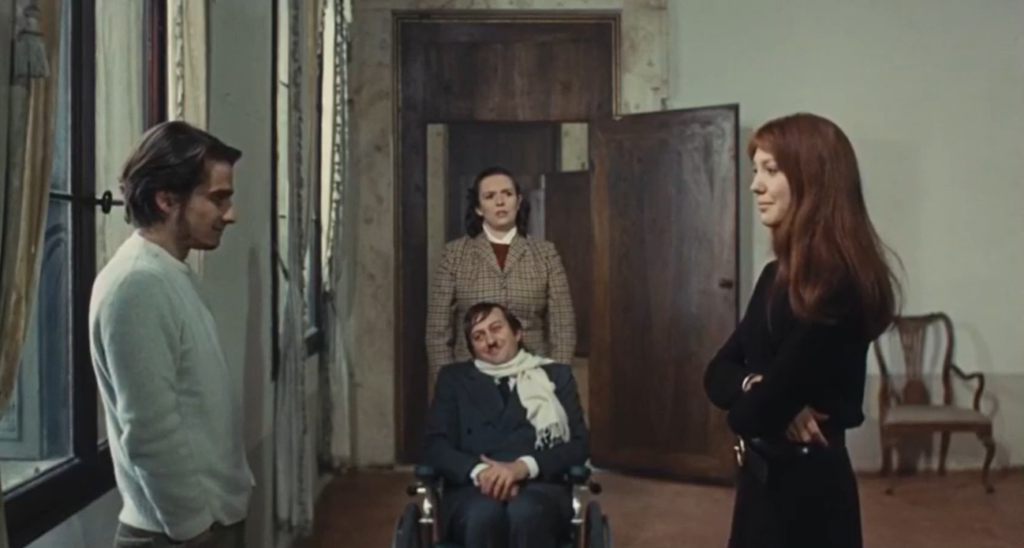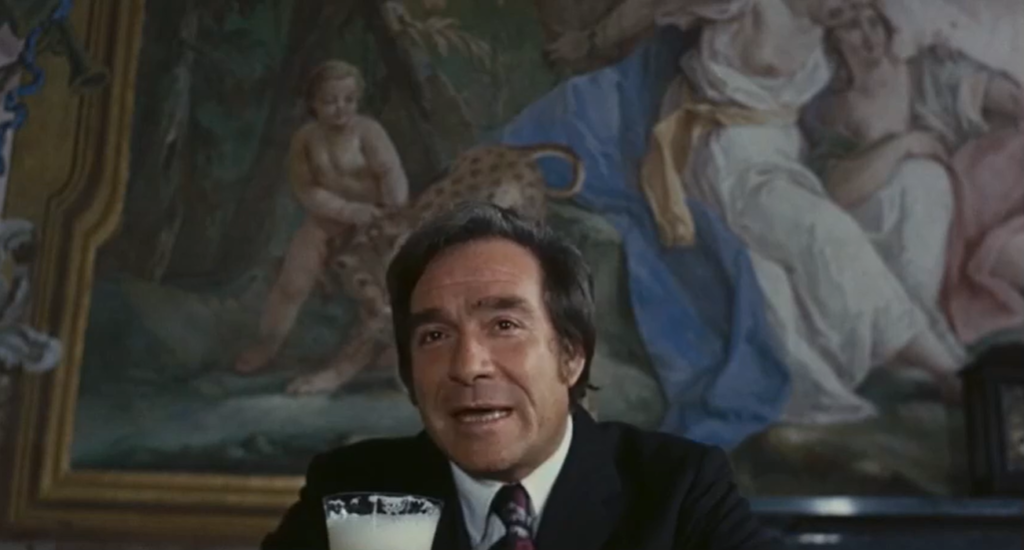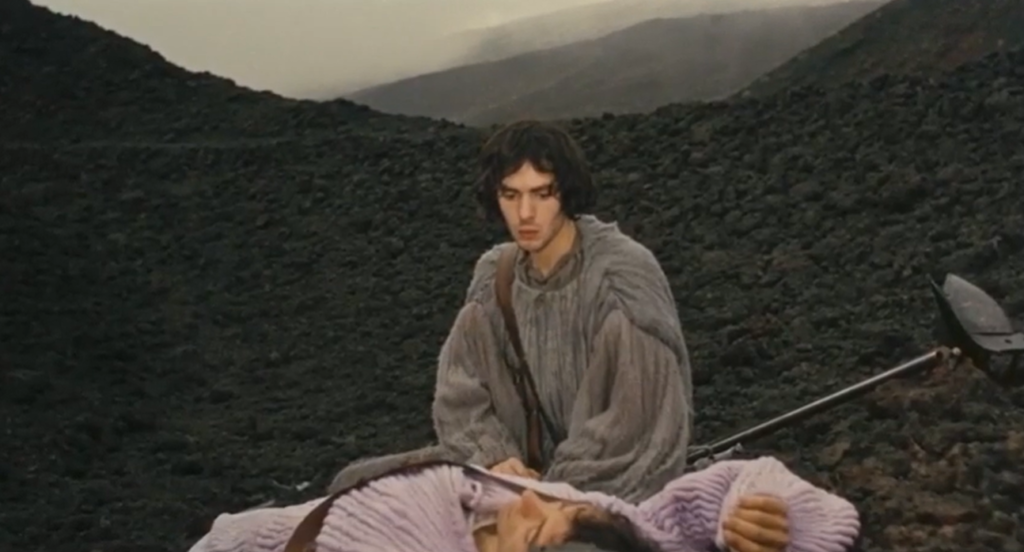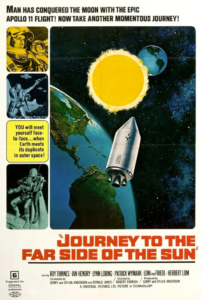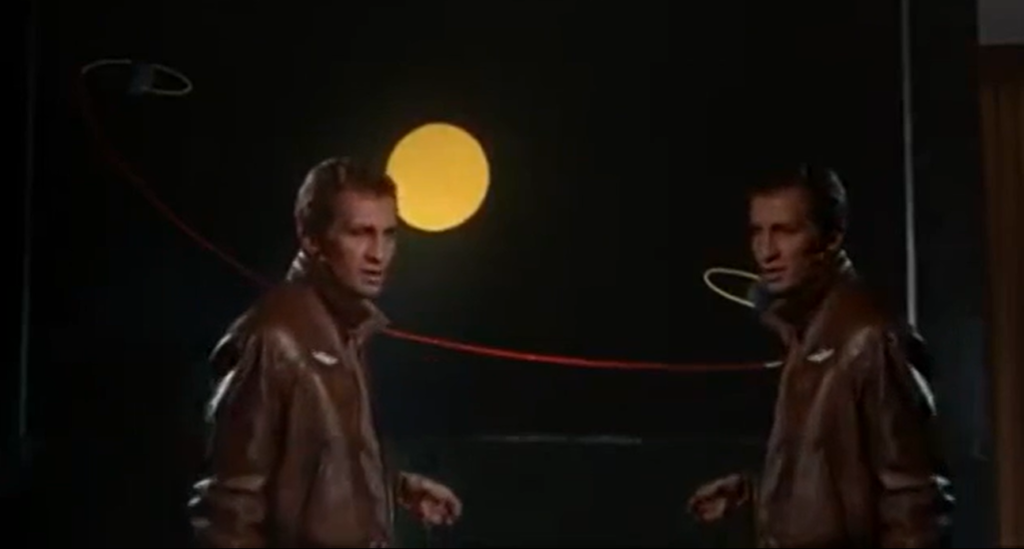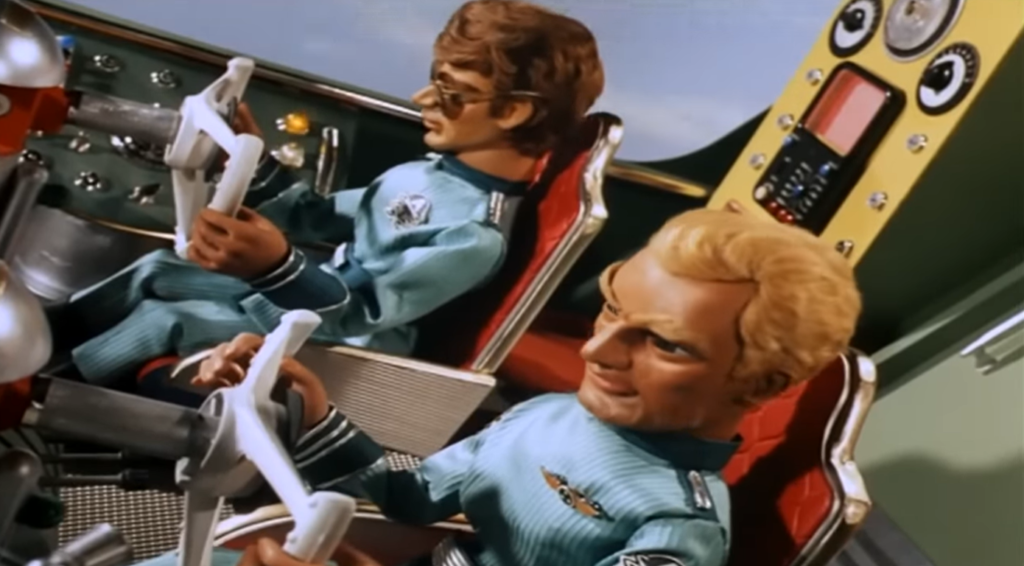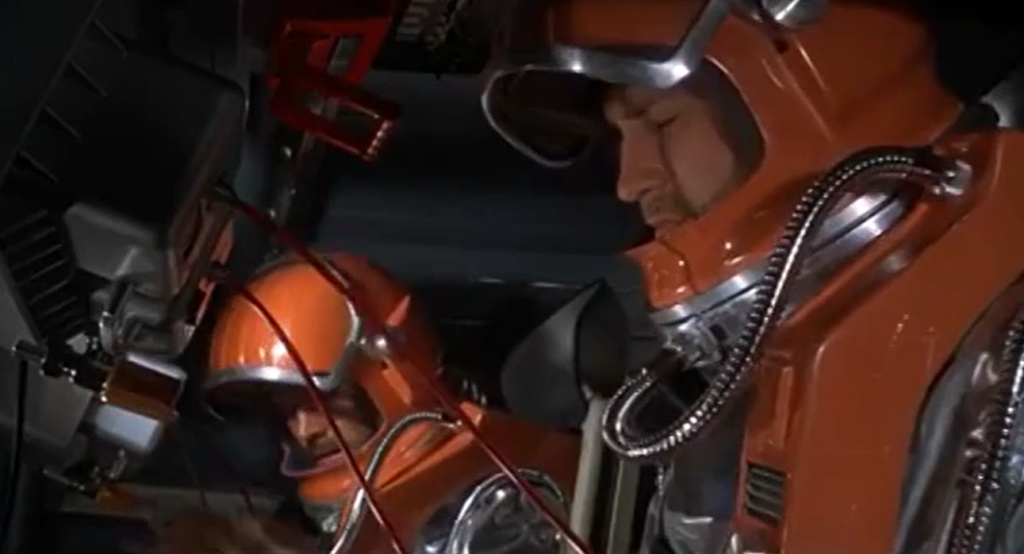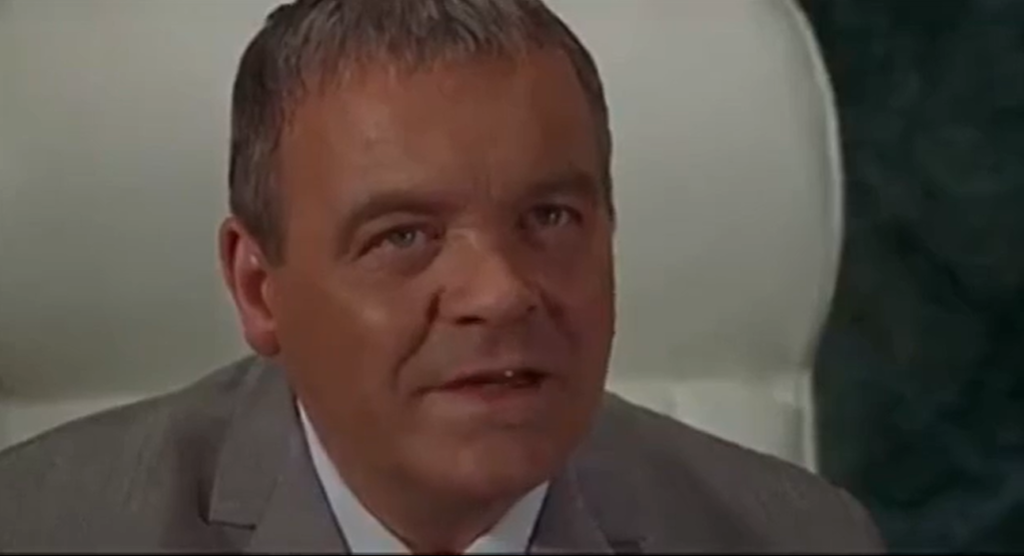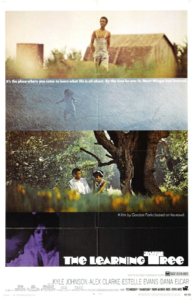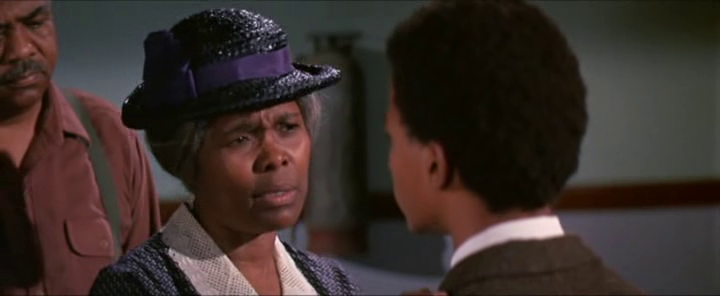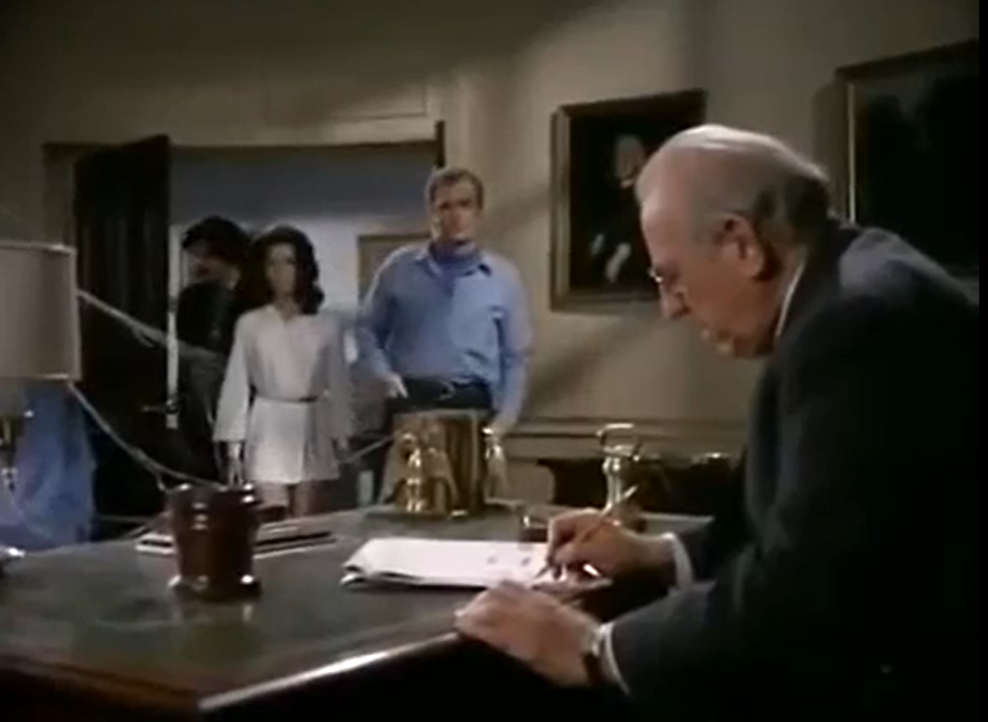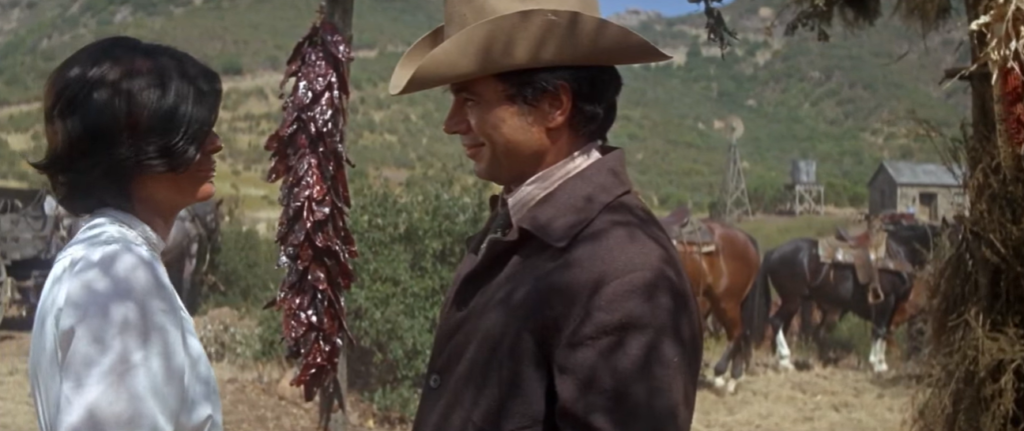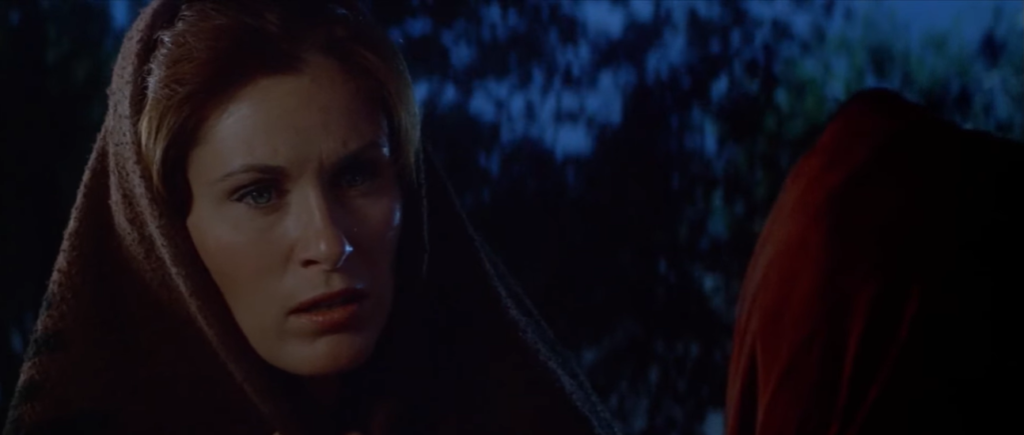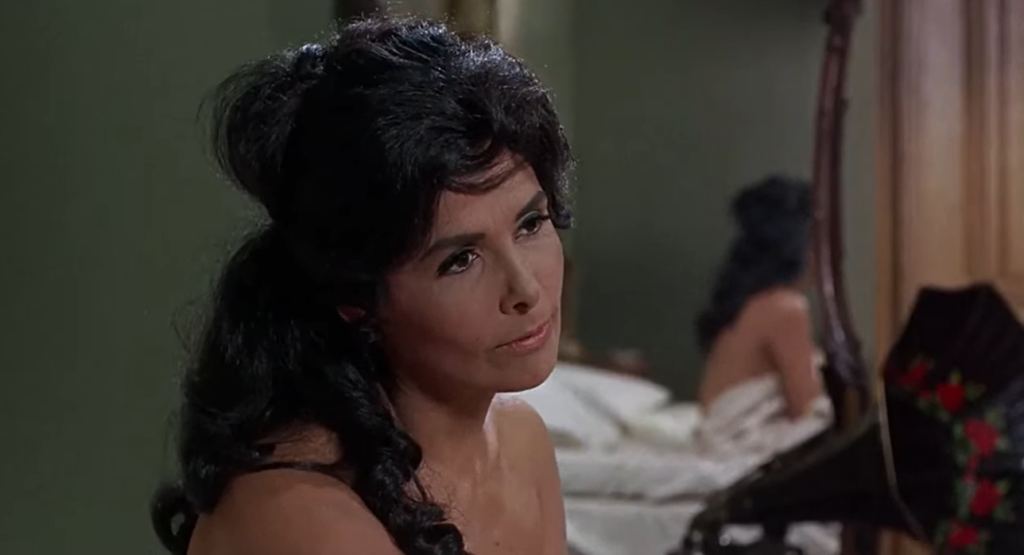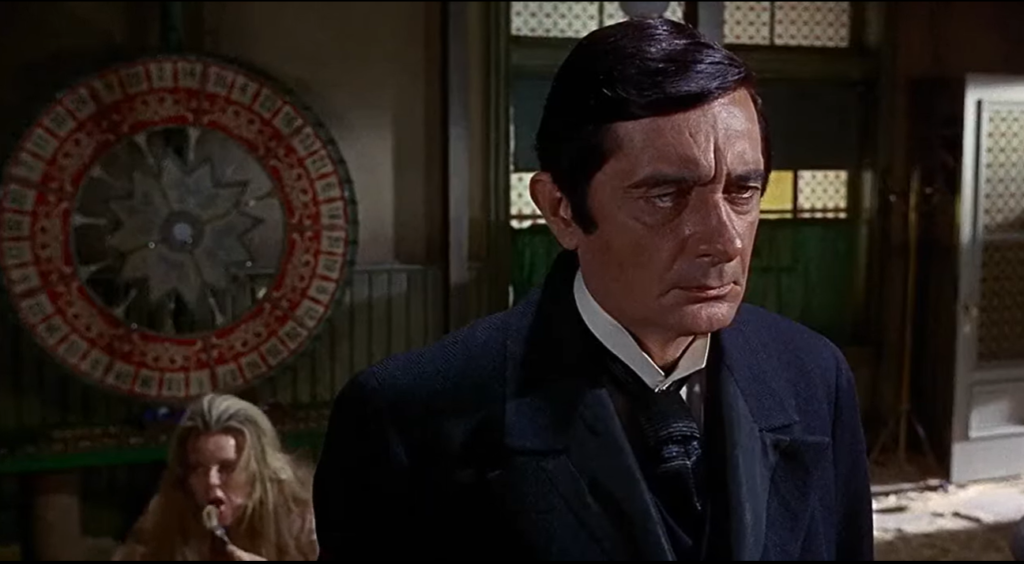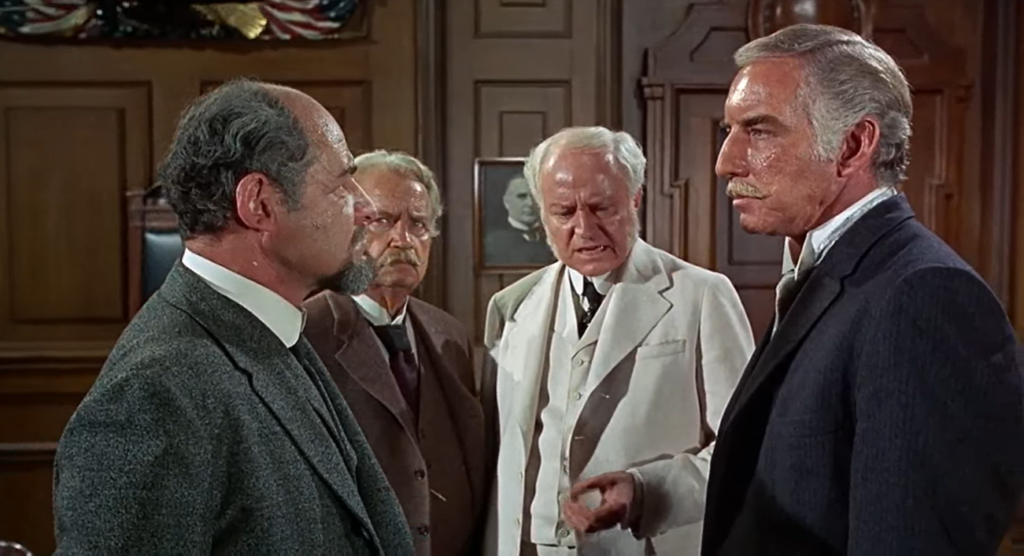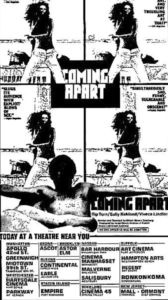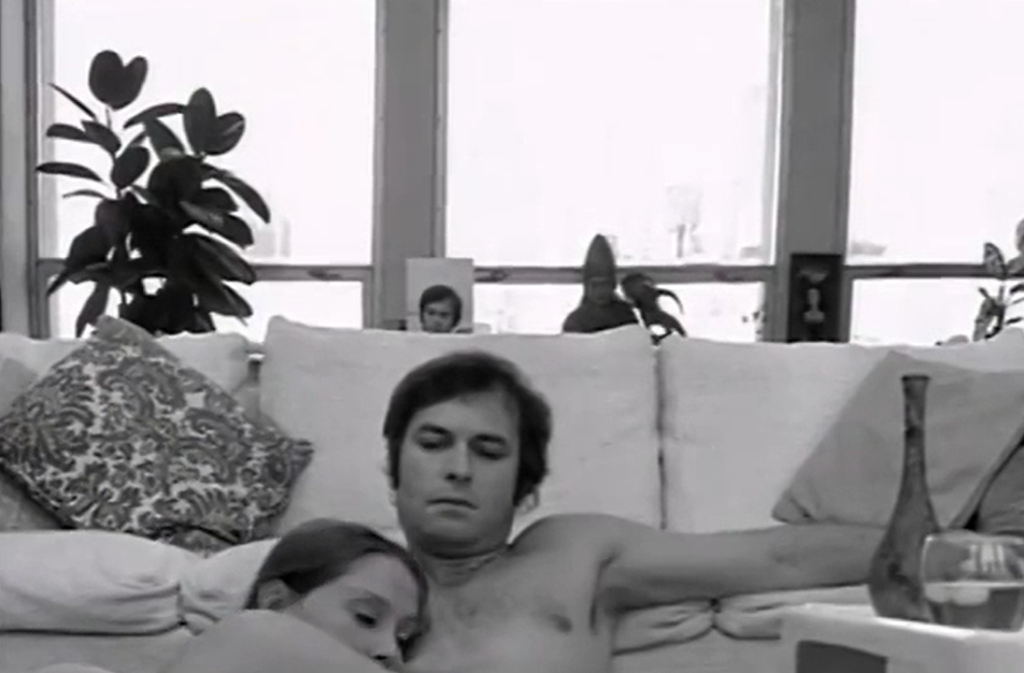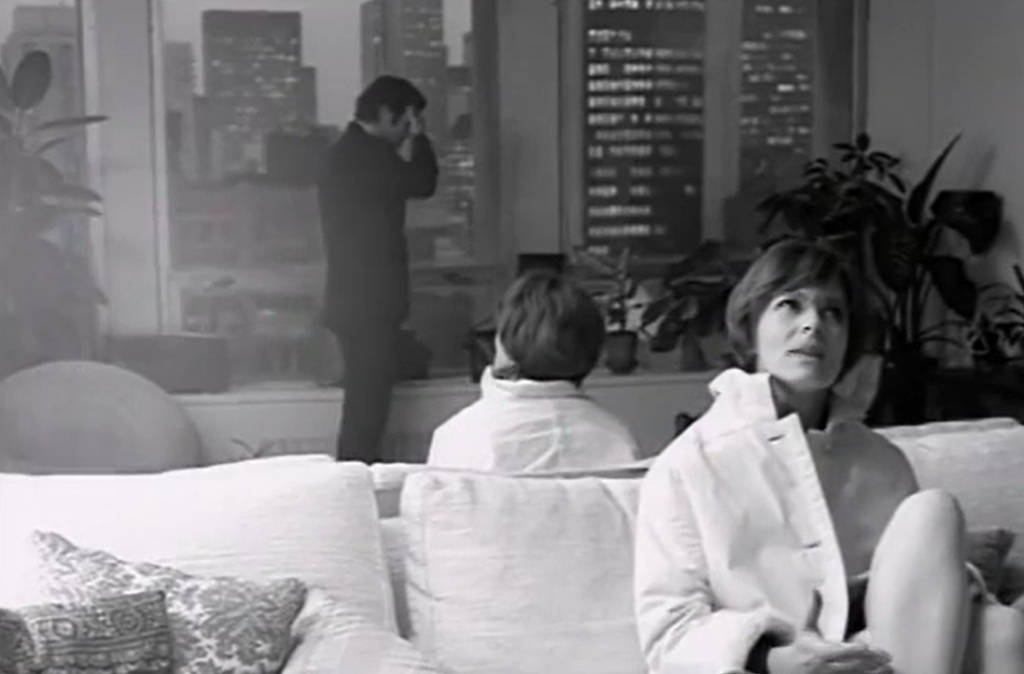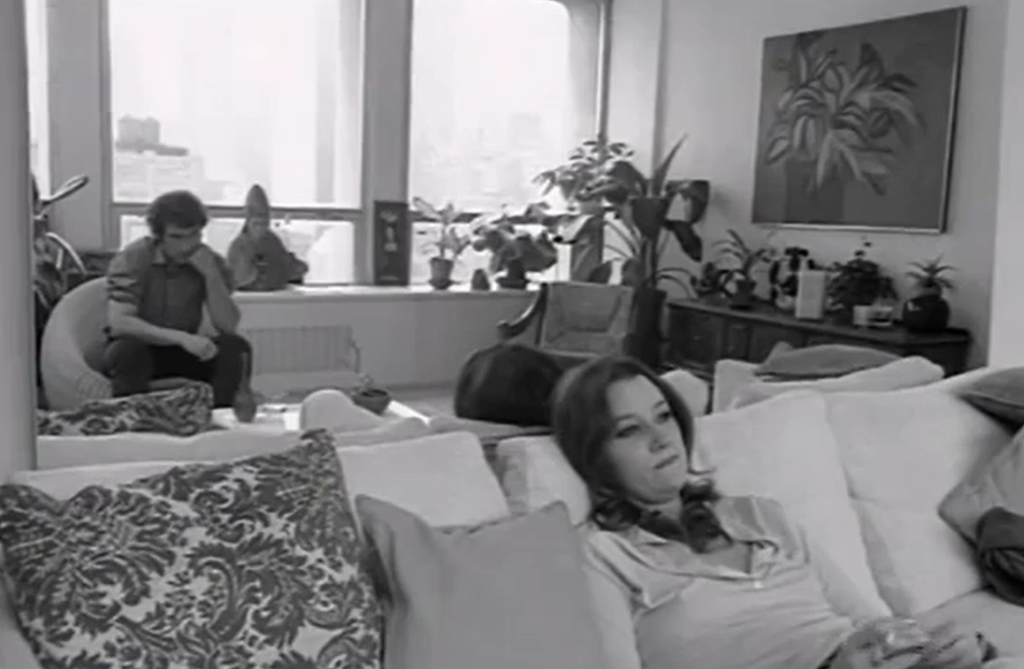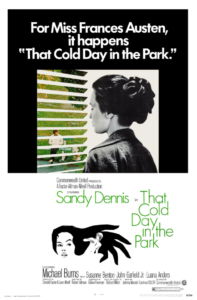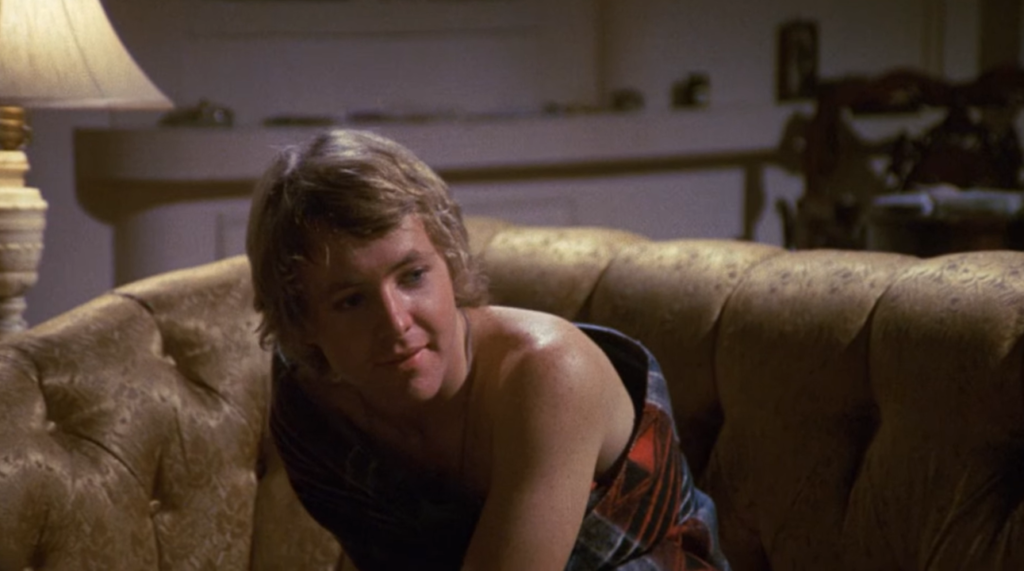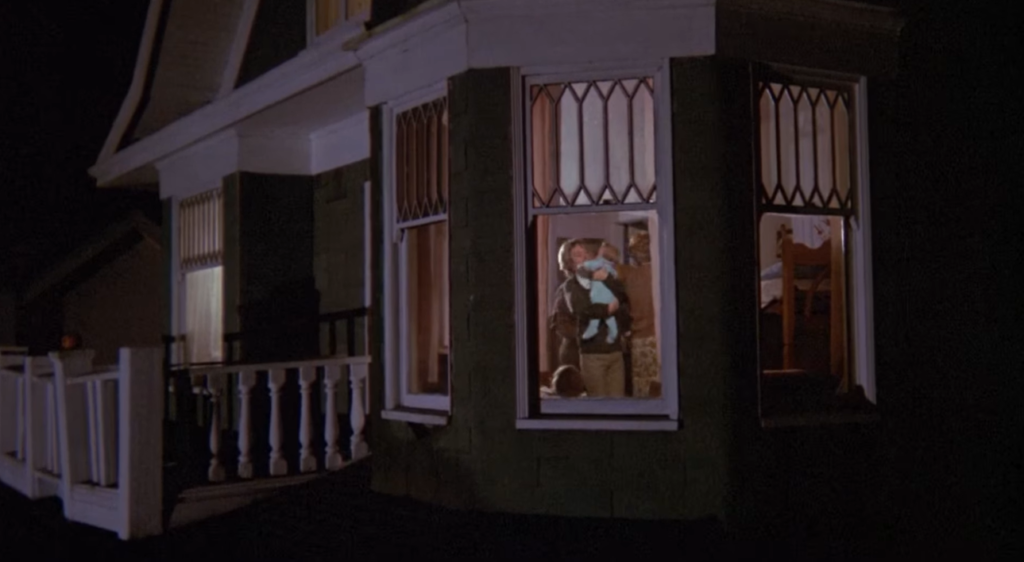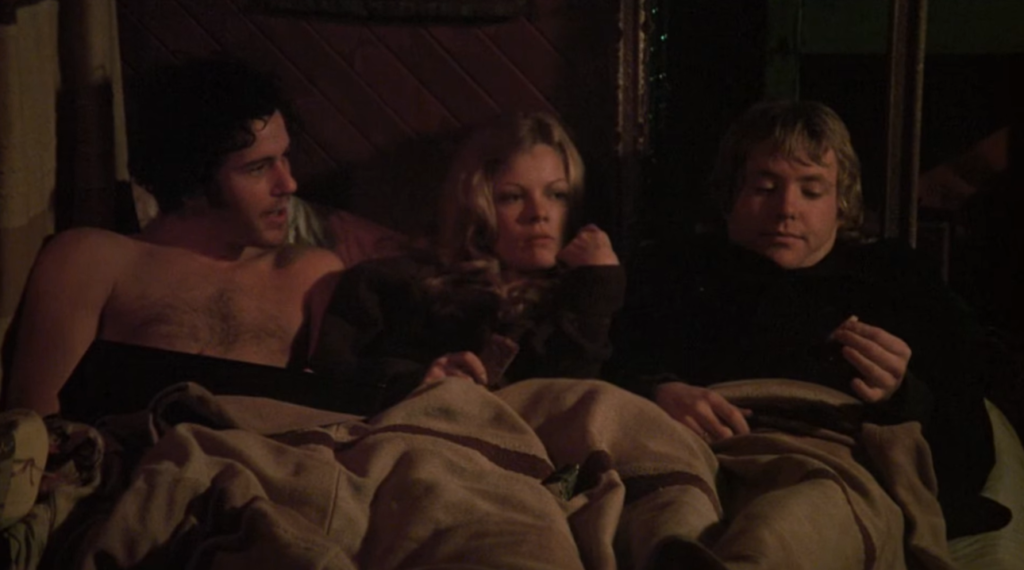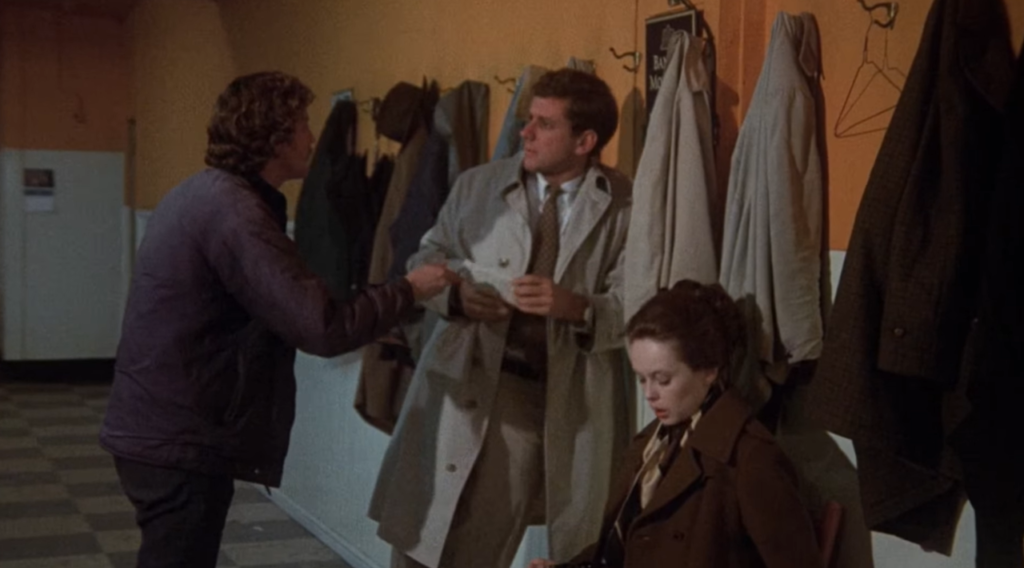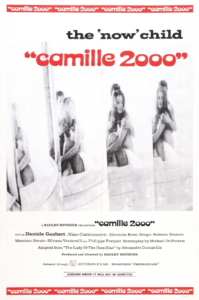Pigpen (1969)
“I killed my father, I ate human flesh and I quiver with joy.”
|
Synopsis: |
|
Genres, Themes, Actors, and Directors:
Review: … and then the scene suddenly shifts to a modern, urban, upper-class setting, as a quibbling young couple deliberates in front of the man’s parents (Alberto Lionello and Margarita Lozano). The fact that Lionello has a Hitler-esque mustache seems fully intentional; indeed, as he engages in later conversations with the other main player in the film, Mr. Herdhitze (Ugo Tognazzi) (his “mysterious rival”): … we learn a little more about his political views. The story continues to toggle back and forth between the two settings and sets of characters, with no explicit rhyme or reason — and the opaque dialogue doesn’t help matters whatsoever. Take this interaction between Leaud (Julian) and Wiazemsky (Ida), for instance:
Etc. Oh boy. It really never gets better or clearer. With that said, Time Out’s reviewer refers to this film as “not only an exquisitely revolting satire,” but “also Pasolini’s most fascinating piece of cinema.” — so, to each their own. In terms of what it’s actually about –well, Wikipedia claims: “The story is about the human capacity of destruction and a rebellion against the social prerequisites implied against it.” OK. Meanwhile, in an essay written for Criterion about Pasolini more broadly, James Quandt notes that enduring themes of his work include “the sacred purity of the dispossessed and the inevitability of their destruction.” My personal take-away is that this film is simply about the awful ways people treat one another, ranging from not-so-subtle critiques to outright cannibalism — be forewarned that it’s ugly stuff. Notable Performances, Qualities, and Moments: Must See? Links: |
